Bell Witch - Four Phantoms
One of my pet peeves is the need that some people have to try to legitimize heavy metal as an art form by comparing it to other styles of music. I’ve read more than a few articles over the years that point out the similarity in structure of metal and classical, and while the gist is not lost on me, I always feel that there is some lingering feeling of inadequacy that lies at the root of the argument; as if the author secretly suspects heavy metal is kind of silly (it isn’t), and wants desperately to attach it to a genre of music more widely accepted as art (they needn't). Nothing sends me to the delete button faster than an email that starts, “you gotta hear these two girls playing 'Enter Sandman' on the cello!” Um, no I don’t.
But heavy metal, just as legitimately as any other caste of musical expression, is indeed art, and thankfully there are those bands who fully grasp that. It’s these bands, not having to deal with the nag of self-doubt and/or lack of broad acceptance, that tend to nudge the boundaries of the genre a little further, producing evocative, even challenging records – think Celtic Frost, Emperor, or perhaps even Vanden Plas. With the release of Four Phantoms, Bell Witch further establish themselves as a band that does not look out of place in company of the above mentioned.
A self-described funeral/death doom band, Bell Witch fall into that spectrum of the subgenre that embraces slow in all the senses of the word – swampy, molasses, oozing lava slow. For a point of reference, they fall somewhere firmly between Pallbearer and the full stop, marble statue creep of Sunn O))).
If, like me, you don’t know anything about them on first listen, you’ll most likely be surprised there are just two members in the band (Dylan Desmond – Bass/Vocals, and Jesse Shreibman – Drums/Vocals), though Erik Moggridge of Aerial Ruin does contribute absolutely haunting guest vocals on "Somniloquy", the third track on the album. The fullness of the sound belies the size of the band, and while it is clear that there are multiple bass tracks in places, the separation and crisp production give you enough room to imagine that were all but one of the tracks removed, Bell Witch would still pretty much sound like an advancing column of tanks, albeit a very slowly advancing one.
Consisting of only four songs ranging in length from 10 to almost 23 minutes, Four Phantoms is a concept album. As the title suggests, four different states of post-death-being are explored, each with a focus on one of the occult elements – Earth, Air, Fire, and Water. It’s really pretty heady stuff when you consider that, intentionally or not, it somewhat mirrors the dissolution process of the consciousness during death as posited by the Tibetan Buddhists in the so-called Book of the Dead. I’d be curious to know if someone in the band has read it.
Don’t let that convince you that we are necessarily talking about liberation here though, because there is a visceral quality to Four Phantoms that identifies much more comfortably with the horror of a slowly rotting body than a quickly ascending spirit. On first listen I continually called to mind the short story The Outsider by H.P. Lovecraft, about a crypt-bound entity who lives in dank, murky surroundings for – as Lovecraft so often puts it – aeons of time. I also couldn’t help but think of the recent horror film It Follows, wherein a nameless entity attaches itself to a victim, and then ploddingly, relentlessly walks toward them, no matter where or how far they go. Four Phantoms slugs along in this same fashion; never breaking stride, nor changing much in its meter. There’s a patience at work here, and it is as exact as it is tense in its realization.
And yet, paced such as it is, the album never bogs down under its own weight or becomes tedious. The effective, mostly melancholy riffs are meticulously arranged, giving the listener the feeling of being pulled along some muddy morass by a slowly advancing current.
The vocal delivery ranges from straight-up death to trumpet-clear, the latter of which often have a vaguely monastic bent to them. Much like the musical arrangement, they are very carefully placed, and they drive the album from its murkiest depths to its sometimes, dizzying, almost spiritually triumphant highs.
Four Phantoms is a cohesive, well written, well told musical story, and is very much the kind of thing I’d be inclined to offer up as proof of Metal-as-art, if I were in fact inclined to take part in that argument. This is one of the better journeys you are likely to take this year. If you have the patience, attention span, and open mind for it, Four Phantoms pays large dividends. Look for it to be in a whole boatload of year end lists.

